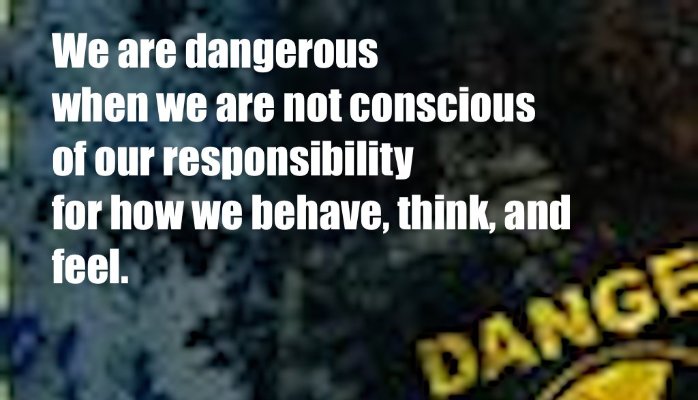EQ Under Fire
Last year Adam Grant caused a flap in the Type (MBTI assessment) community when he criticized the validity of the Indicator and questioned the decision to ever use it. This year Grant is at it again, this time taking aim at the field of Emotional Intelligence (EI). Grant’s point is that when making hiring or selection decisions, cognitive performance is more important than EI. This critique prompted Daniel Goleman to step up and offer a defense of the field within which he is such a key contributor. So the debate is on—is it cognitive ability or Emotional Intelligence? Which is the better predictor of success?
The question, of course, presents a false choice—as if one and not the other is important. It is clear that both cognitive ability and Emotional Intelligence are important. The ascent of Emotional Intelligence should not threaten anyone attached to more cognitively rooted tools. In fact, IQ and EQ (Emotional Quotient) are not highly correlated, so they clearly tap different pools of content, both legitimate and important.
I realize, of course, that both of Grant’s critical volleys have been rooted in his investment in the Big Five, a respected trait-based, cognitive tool that sees both the MBTI assessment and EQ tools as competitors, but this commercial incentive should not lead us as practitioners to pitting these tools against each other. Both are good and useful. Apples and oranges, while different, are both good pieces of fruit.
What is surprising about Grant’s criticism of Emotional Intelligence—given his attachment to the Big Five—is how much overlap there is in most EI models and the scales of the Big Five. Openness, Consciousness, Extraversion, Agreeableness, Neuroticism—these are the building blocks of the Big Five, and while the terminology of most EI models is less clinical sounding, the overlap in content is considerable. Emotional Intelligence assesses (with validated metrics) someone’s ability or tendency to strive toward goals, maintain self-awareness, build relationships, control impulses, face conflict, and a number of other factors. Not only are these telling qualities in someone’s workplace and leadership performance, they have significant overlap with the Big Five. It is hard to see the argument in condemning one in favor of the other.
In addition, the thrust of the pro and con EI debate framed Emotional Intelligence as primarily a selection tool. While EQ tools can be used for means of selection, so doing misses the best and most powerful gifts that EQ has to offer—that of self-awareness and development.
The work that OKA does with EI (rooted in the EQ-i assessment) focuses on client-centric performance and leadership development work. Rather than using the EQ-i as a selection tool, I urge clients to use it as a rich and actionable self-awareness and development tool. How Assertive are you compared to the average person? How much Self-Regard do you have? How empathic are you? If too much, how do you dial that back, and if not enough, what is it costing you and how do you exercise more of it? This interactive, developmental approach is the tack OKA takes with the EQ-i and all of our tools, and in so doing dramatically reframes this debate and makes Emotional Intelligence not just legitimate, but essential.


Leave a Comment